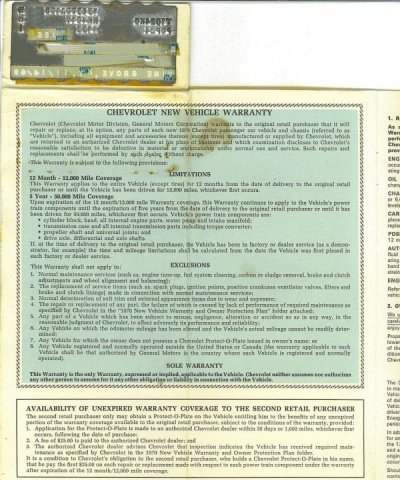The people at Noria, the oil analysis company would agree with you. Lower viscosity oils are used to help meet Federal fuel economy requirements. Look at all the other ridiculous things they are doing to meet these requirements, such as shutting off the engine when you stop. Since zinc has been removed from oils, you can expect your cams to wear out sooner, too.I generally agree, but it's important to understand the reasons why GM is specifying 0w-20 over 5w-30, 40, etc in order to understand what the pros/cons are of making a different choice. I don't know the answer with 100% certainty, but my understanding is that 0w-20 is primarily to improve fuel economy by reducing pumping energy and friction - especially while the engine is cold. With a possible trade-off being lower film strength and less protection between parts when hot, and consequently less durability of these parts later. That of course depends on the tolerances between these parts not being any different than in previous engines.
All of that said, without input from a GM engineer who knows for sure, we're all just surmising. All I can say is that if were my rig, I'd feel a little better with 5w-30 in there because I no longer trust the trade-offs that manufacturers are being forced to make due to changing regulations. The goal of the regulations is to increase fuel economy, not durability.
I've done extensive internal engine work on my 6.2, and all of the engine builders and cam experts I spoke with (4 of them) said that they prefer a heavier weight oil in a high performance engine, so I run 5w-40 Euro oil in mine now because I tow a lot, and the valvetrain runs quieter than with 5w-30. I also owned a BMW 328d (diesel) I bought new in 2014, and BMW specified 5w-30 LL04 spec oil for that. LL04 oil comes in both 5w-30 and 5w-40, so lots of guys ran the 40 in their d in summer.
Now we have 'better' engines, 'better' lubricants, unleaded fuels, etc., so ask yourself why the engine warranty on a new GM V-8 is only 60,000 miles when warranties were routinely 100,000 miles 50 years ago.

